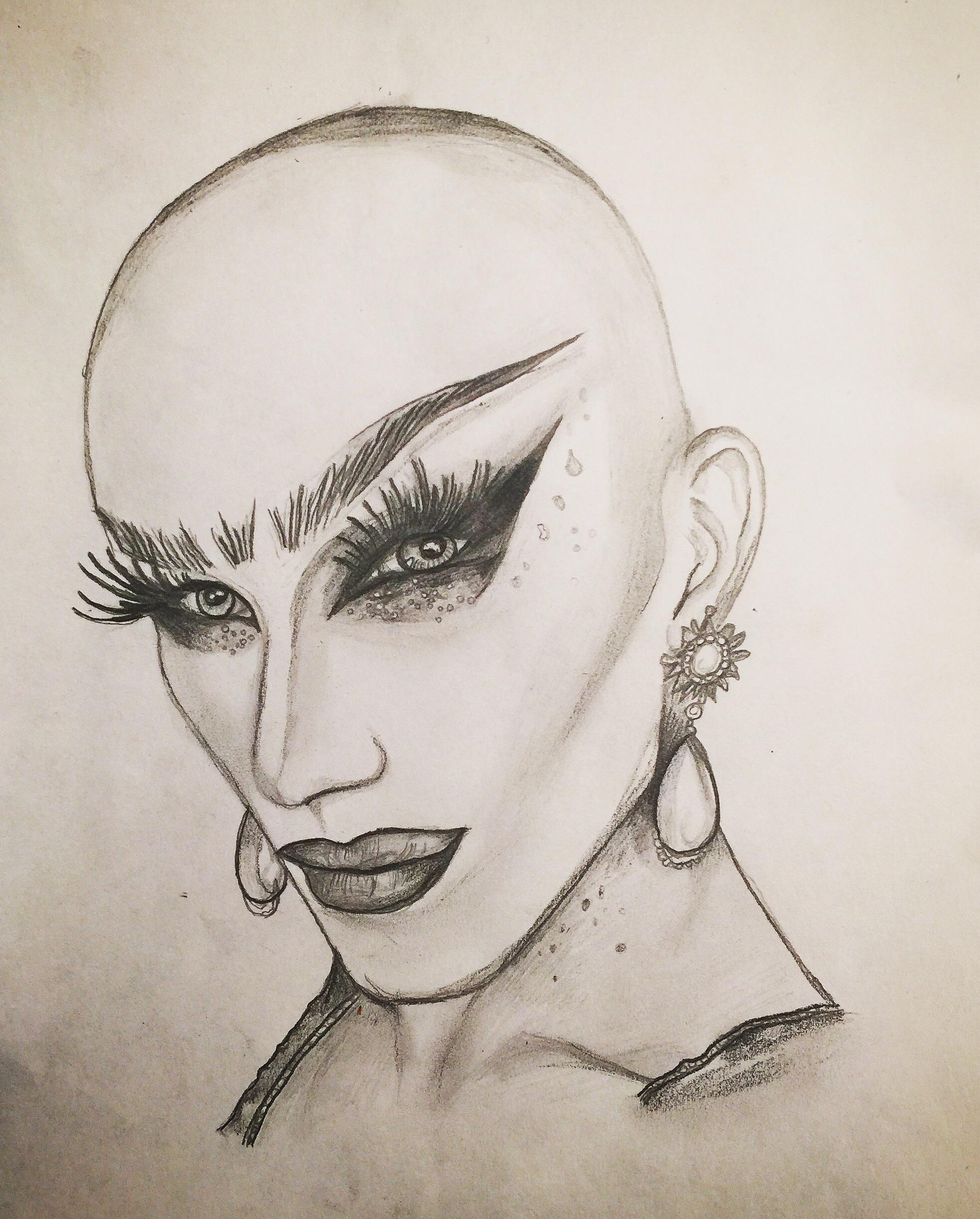When it comes to drawing, few subjects capture the imagination quite like the stunning beauty of Alaska hair. This unique style, characterized by its flowing lines and vibrant textures, offers artists an opportunity to explore creativity while mastering essential techniques. In this article, we will delve deep into the world of drawing Alaska hair, providing insights, tips, and resources to help you improve your skills.
Alaska hair has gained popularity among artists and illustrators alike, thanks to its natural beauty and versatility. From wildlife to human figures, the ability to depict this type of hair realistically can elevate your art to new heights. With that in mind, we’ll guide you through the process step by step, ensuring that you not only understand the techniques required but also gain the confidence to express your artistic vision.
Whether you are a beginner looking to enhance your drawing skills or an experienced artist seeking to refine your technique, this guide will provide you with the knowledge needed to draw Alaska hair effectively. So, let’s embark on this artistic journey together!
Table of Contents
- Understanding Alaska Hair
- Essential Tools and Materials
- Basic Techniques for Drawing Hair
- Step-by-Step Guide to Drawing Alaska Hair
- Coloring and Shading Techniques
- Common Mistakes to Avoid
- Inspiration and Resources
- Conclusion
Understanding Alaska Hair
Alaska hair is renowned for its rich textures and natural flow. This type of hair can be found in various forms, from the wild, untamed locks of animals to the elegant hair of individuals living in the Alaskan wilderness. Here are some key characteristics to note:
- Texture: Alaska hair is often thick and voluminous, with a variety of textures ranging from straight to wavy.
- Color: The color palette can vary from natural shades of brown and black to more vibrant hues, reflecting the beauty of the Alaskan landscape.
- Movement: Capturing the movement in hair is essential, as it adds life and dynamism to your drawings.
Essential Tools and Materials
Before you start drawing Alaska hair, it’s important to gather the right tools and materials. Here’s a list of what you might need:
- Graphite pencils (various hardness)
- Blending stumps or tortillons
- Erasers (kneaded and vinyl)
- Colored pencils or markers for coloring
- High-quality drawing paper
- Reference images of Alaska hair
Basic Techniques for Drawing Hair
Understanding basic hair drawing techniques is crucial for creating realistic representations of Alaska hair. Here are some fundamental skills you should master:
1. Line Work
Start with smooth, flowing lines to outline the shape of the hair. Use light pressure to create guidelines that can be adjusted as you go.
2. Layering
Layering is key to achieving depth and texture. Begin with a base layer of color and gradually build up additional layers to create dimension.
3. Blending
Use blending tools to soften harsh lines and create a smooth transition between colors and shades.
4. Detailing
Add fine details to represent individual strands of hair, focusing on areas where light hits and shadows fall.
Step-by-Step Guide to Drawing Alaska Hair
Now that you understand the basics, let’s walk through a step-by-step process to draw Alaska hair:
- Step 1: Start with a light sketch of the head and outline the shape of the hair.
- Step 2: Define the flow and movement of the hair using long strokes.
- Step 3: Begin layering colors, starting with the darkest shades first to add depth.
- Step 4: Blend the colors to create a natural gradient.
- Step 5: Add highlights and fine details to emphasize texture.
- Step 6: Review and make any necessary adjustments.
Coloring and Shading Techniques
To enhance your drawing of Alaska hair, employing effective coloring and shading techniques is vital:
- Use a Color Wheel: Familiarize yourself with color theory to select complementary colors.
- Shading: Apply shading techniques such as hatching and cross-hatching to create depth.
- Highlighting: Use lighter colors or white pencil to add highlights where the light naturally hits the hair.
Common Mistakes to Avoid
Even experienced artists can fall into common pitfalls when drawing hair. Here are some mistakes to watch out for:
- Overworking the hair, which can lead to a muddy appearance.
- Neglecting the flow and movement, making hair look stiff.
- Failing to use references, which can hinder accuracy.
Inspiration and Resources
Inspiration is key to developing your art. Here are some resources and sources of inspiration to explore:
- Art books focusing on portrait and hair drawing.
- Online tutorials and video demonstrations.
- Social media platforms like Instagram and Pinterest for visual inspiration.
Conclusion
In conclusion, drawing Alaska hair is a rewarding endeavor that allows artists to express creativity while honing their skills. By understanding the unique characteristics of this hair type, mastering essential techniques, and avoiding common mistakes, you can elevate your artwork to new heights. We encourage you to experiment, practice, and explore this beautiful art form.
If you found this guide helpful, please leave a comment below, share it with fellow artists, and check out our other articles for more drawing tips and techniques!
Thank you for visiting our site! We hope to see you again soon as you continue your artistic journey.
Article Recommendations


